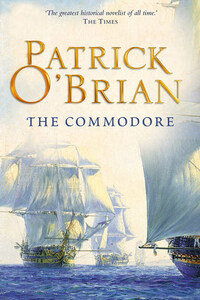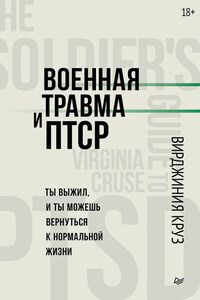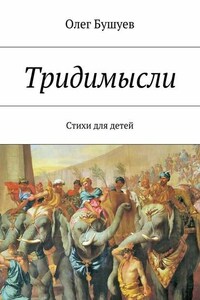At Carcassonne the carriage emptied, and until Narbonne Dr Roig had the compartment to himself. He was glad of it, for although his companions had been agreeable men and women he was feeling too stupid and bleary at this time of day – the hour of dawn, after a long night’s run – far too stupid to talk.
They wished him a good journey, he bade them farewell; and when the train pulled out he sank luxuriously into the corner seat: it was the first time since he had climbed into the train that he had been able to sit easy, spread out, uncramped, and he promised himself a quiet doze for an hour at least. On his right the great dark bulk of the Cité soared up, its fantastic battlements sharp against the pale sky: it revolved slowly, a half-turn, and slid away into the corner of the window as the train gathered speed. He leaned forward, straining his eyes to catch the last glimpse as it vanished, and then, easing himself back into his corner, cushioned against the rhythmic swing of the train, he closed his eyes.
In the corridor, a man, overburdened with parcels, a string-fastened suitcase and a basket with a duck peering from it, battled his way slowly down the train on some laborious errand: with every swing of the carriage he lurched against the outer window or an inner door, and as he banged against the doctor’s compartment he cried ‘Mare de Deu de Deu de Deu de Deu. Boun Deu, Senyor.’ At the sound of the Catalan Dr Roig opened his eyes: it was his mother tongue, and although he had not used it for so many years, still he dreamed in Catalan. The sound of it brought the end of his journey clearly into the immediate present; a long journey, from the confines of Prabang, weeks of traveling, half across the world: but now suddenly the end was in sight, so near that he could touch it. He looked up at his baggage in the rack, straightened himself in his seat and felt the inner pocket where his tickets lay.
He knew very well that he still had some hours of traveling – he had made this part of the journey so often as a young man that each stage from Carcassonne toward the south was sharp and distinct in his memory – but the thought of sleep had flown out of his mind, and he continued to sit upright as the train hurried down through the growing day.
He looked forward to his homecoming, of course: he had been thinking of it with increasing pleasure for the last six months. But it would be a formidable reunion after all these years, with the whole family gathered; and still it was very early in the morning to think of the welcome at the station, the embracing, the cries of enthusiasm, the feast, without a slight tinge of melancholy. How much more agreeable it would be if he could slowly materialize at Saint-Féliu without any fuss; if by some happy dislocation of time he could already have been there for a month.
And besides the new cousins whom he certainly would not recognize, the cousins by marriage and the men and women whom he had last seen as children, there would be the births, marriages, and deaths to applaud and to deplore: and there would be this sad business of Xavier’s folly to be gone into. This was the affair that most agitated the family: it had begun at least a year ago, and the storm that it had raised in Saint-Féliu had sent ripples as far as his quiet laboratory on the shores of the Luong river. He would hear it all over again, from many sources: and even those who had from the first kept him so well informed, Aunt Margot, Aunt Marinette, cousin Côme and the others, even those would certainly repeat all that they had said in their letters, would repeat it all within a very few hours of his arrival. It was inevitable; but still he would be glad to hear the latest developments, and he was willing to pay that price to hear them. A great deal could have happened during his voyage, for if Aunt Margot were right (and she was a shrewd old woman; he had a high opinion of her judgment) the whole affair was fast reaching a climax at the time he left Prabang.
There was her last letter, double-crossed in a thin, angular pattern of violet ink, most angular where it was most emphatic, and in some places illegible because of the writer’s anger: it was still in his pocket, and from time to time during his voyage he had tried to decipher it.
He looked at it again, unfolding the crackling pages to the place where indignation had spread a series of hard uprights, underscored with a force that had nearly torn the paper: he hoped to surprise the meaning unawares, to catch it this time without effort. ‘… and Xavier has … the wretched girl … influence … at once














